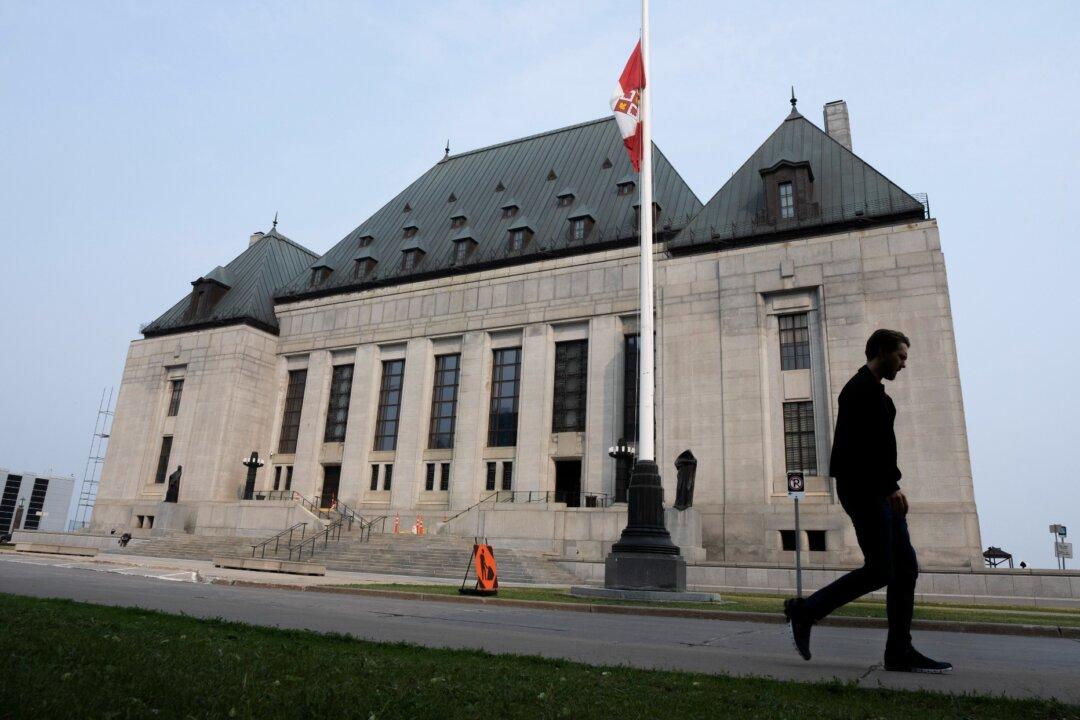One of the pastors challenging pandemic bans on in-person worship is expressing disappointment the Supreme Court of Canada will not hear his case. The top court also announced on Aug. 10 that it won’t hear similar appeals from three churches in British Columbia.
“Truly a sad day for liberty and justice in Canada,” tweeted Pastor Henry Hildebrandt, with the Church of God in Aylmer, Ontario.





